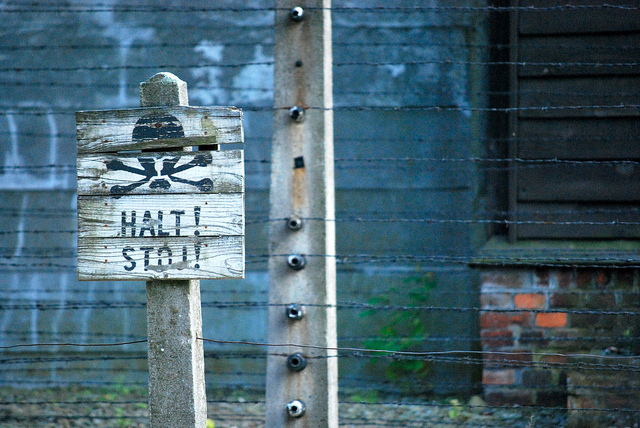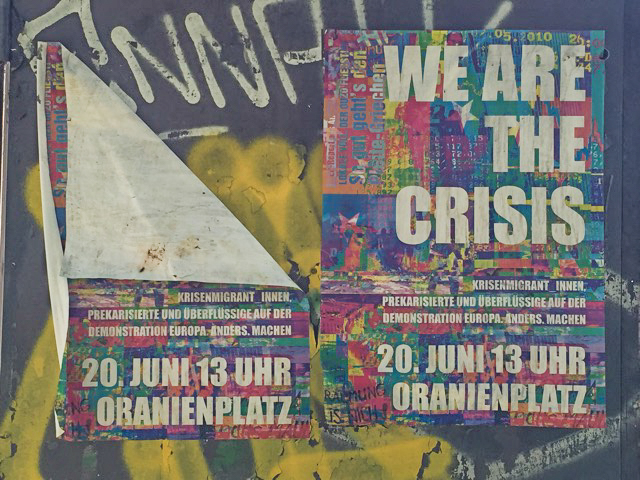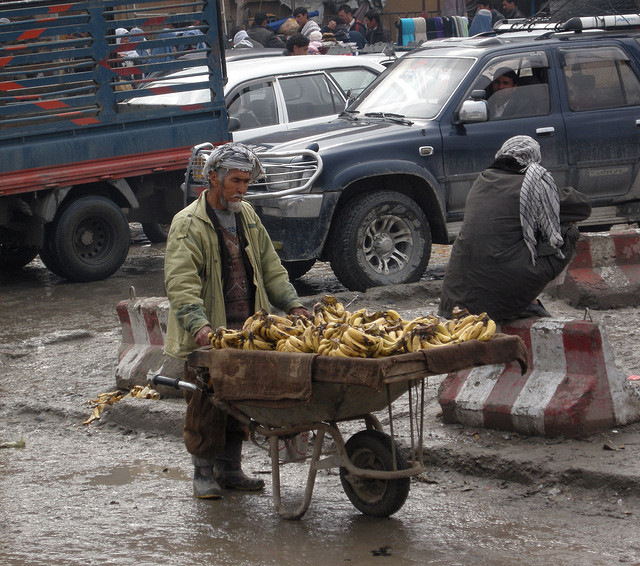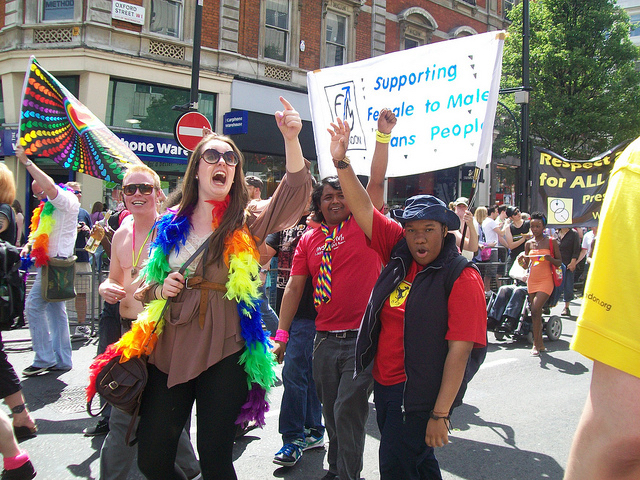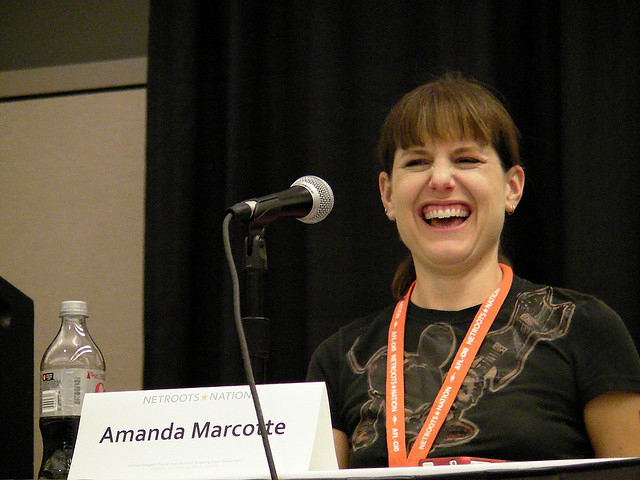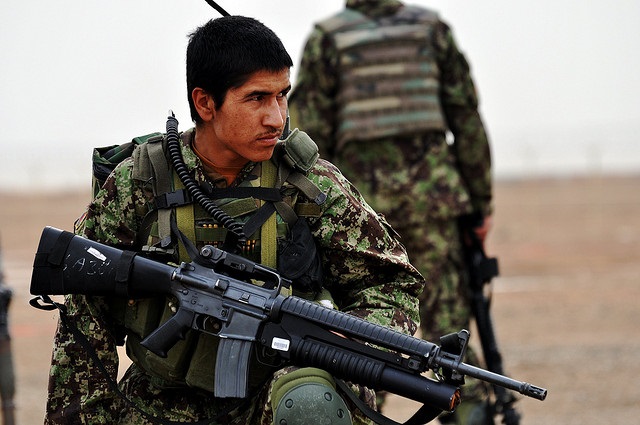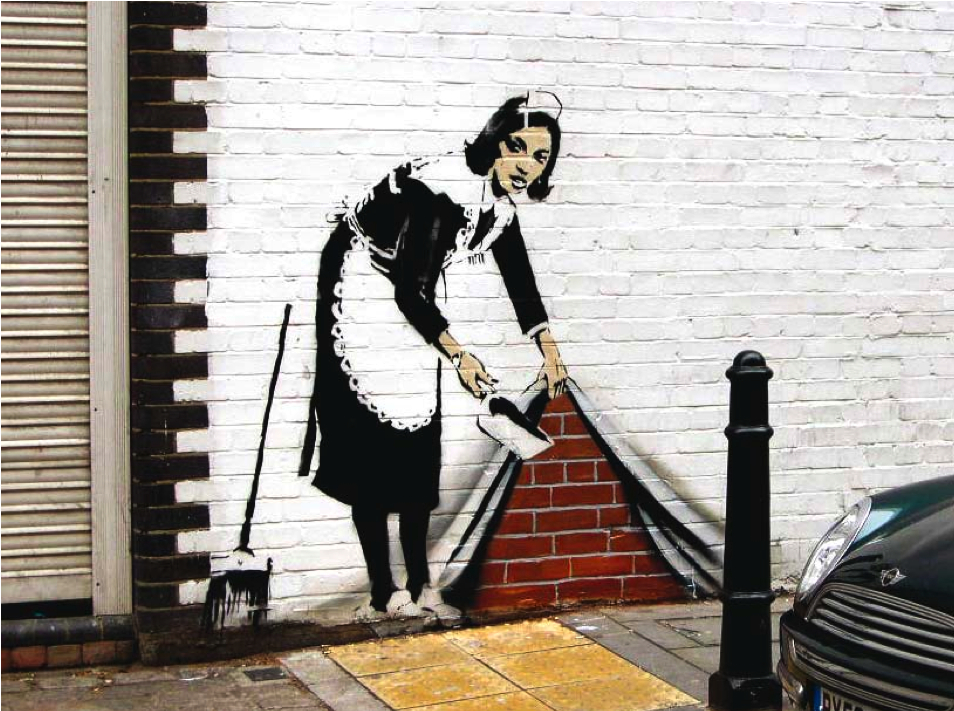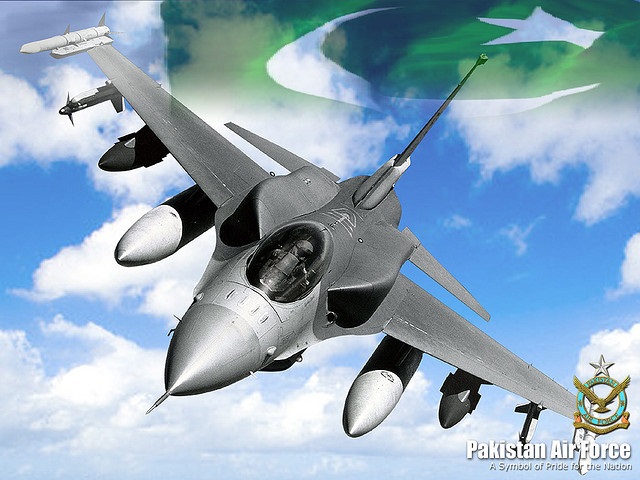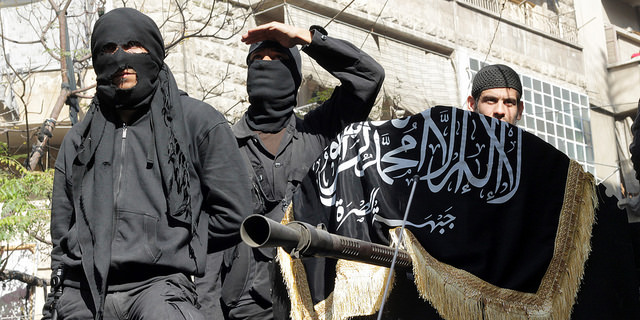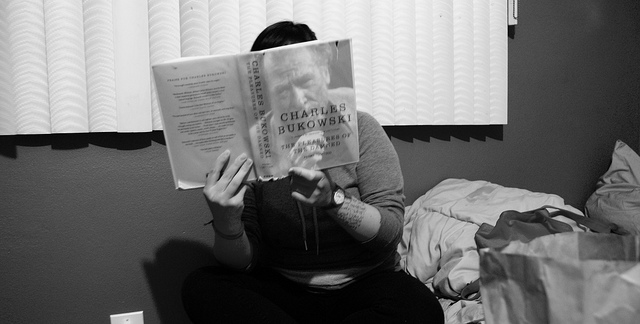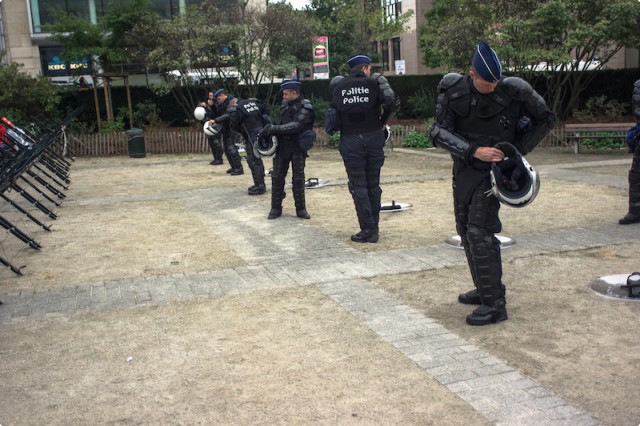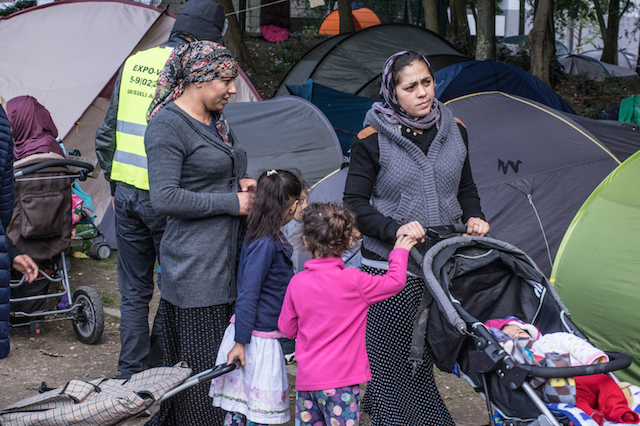Of all the notable literary events of the past year, perhaps none was so important as the release of the complete works of Primo Levi. The three volumes of this edition make available in one place a wealth of Levi’s novels, his shorter fictional and occasional pieces, as well as his more general autobiographical writings such as The Periodic Table. (More…)
Reads
Mark Fisher’s Capitalist Realism constitutes one of the clearest statements of what people for better or worse like to call the ‘postmodern condition’. On Fisher’s account, culture in the late capitalist world exists in a condition of stasis, having lost the impulsion to novelty that Fisher imputes to systemic competition with actually existing socialism. (More…)
Human social organising is something necessary. The philosophers expressed this fact by saying: “Man is ‘political’ by nature.” That is, he cannot do without the social organisation for which the philosophers use the technical term “town” (polis). This is what civilisation means. (More…)
There is something problematic about collapsing all non-cis gendered and trans people together, as a single phenomenon. Please don’t misunderstand me. I believe strongly in solidarity, people fighting alongside each other and advocating for each other. Not just splitting into groups, and fighting only for what personally affects us in our own lives. (More…)
Not one Democratic primary has taken place, and already the charges of sexism are being lobbed at Senator Bernie Sanders, who, despite being an outsider without a horde of corporate donors, has been able to narrow the polling gap with the frontrunner, Hillary Clinton. (More…)
S.K. Malik’s Quranic Concept of War illustrates that during the late 1970s, the Pakistani military began adopting hardline conceptions of jihad in order to resolve a major crisis in national morale. This allowed the military to rehabilitate itself following a series of major defeats, and move against leftist and secessionist factions in the country. (More…)
Few writers in the Anglosphere have written about the situation of modern capitalism, and its cultural consequences, than British scholar Mark Fisher. Whether in books, in Wired and New Statesman, or on his own blog, Fisher prose cuts to the chase, capturing subtle nuances without feeling the need to drown the reader in verbiage. (More…)
Brigadier General S.K. Malik expounds on the purpose of warfare in Qu’ranic Concept of War by inverting the arguments of Carl von Clausewitz. Clausewitz famously argued that war is a “continuation of policy by other means,” while Malik believed that the ethical bases of war forces policy to define and determine its specific parameters. (More…)
A major criticism of Islamic militants is the fact that they fight during Ramadan. S. K. Malik’s Qu’ranic Concept of War complicates this argument by highlighting a strong Qu’ranic justification for jihad during the “prohibited month.” (More…)
It seems like a long time ago, when rebellious poets lashed out against a takeover of the field by academics who, according to the familiar curse, “had everything but an audience.” They were trying, in part, to return poetry to its popularity in the early twentieth century–think of Carl Sandburg’s large following when he was only years from his socialistic journalism—before modernism turned most radical poetry inward. (More…)
If I may begin with a bit of oversimplification, Slavoj Žižek basically writes two kinds of books: long and incomprehensible, and short and to the point. His Less Than Nothing is an example of the first sort. (More…)
On January 7 2015, Cherif and Said Kouachi, two French Algerians radicalised by the war in Iraq, entered the offices of Charlie Hebdo. It was a Wednesday, and the writers had gathered for an editorial meeting. When the shooting began, the satirists thought it was firecrackers. (More…)
